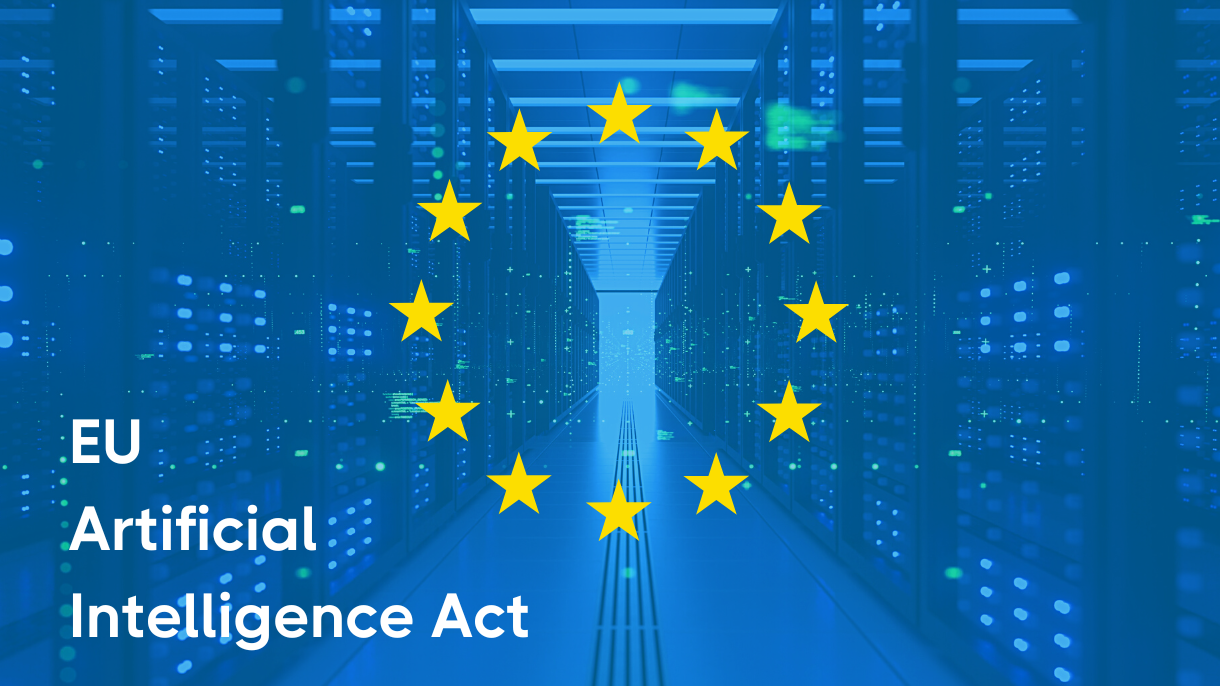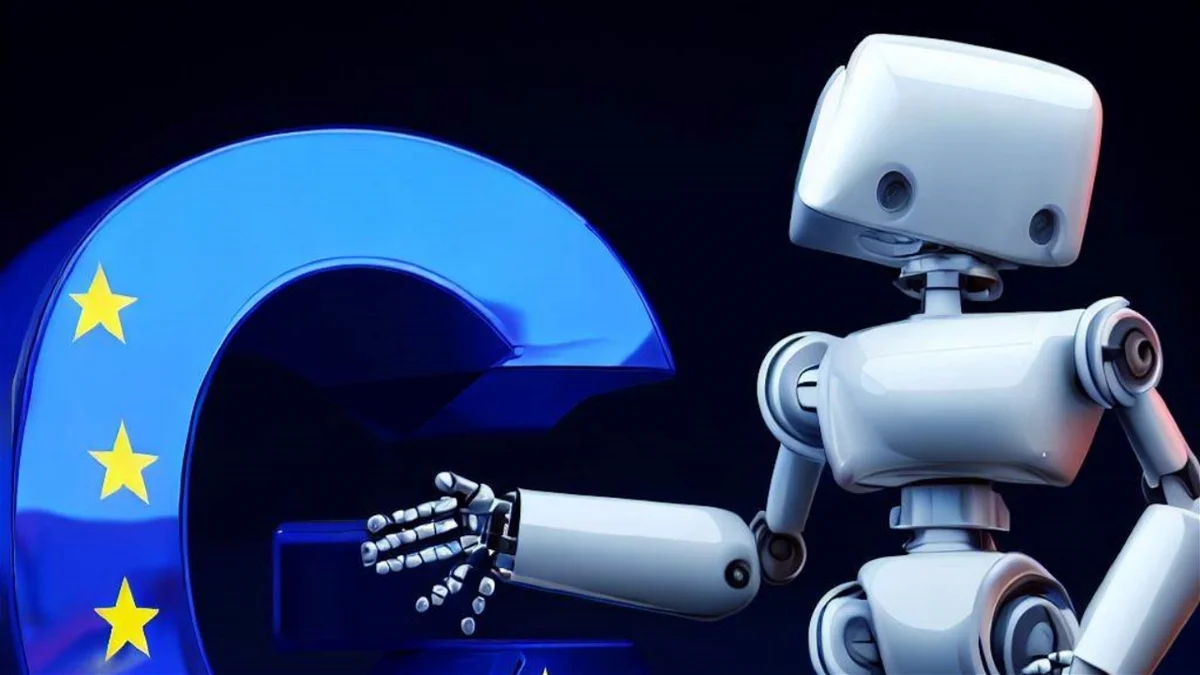EU AI Rules: A Landmark Agreement for Artificial Intelligence

In a groundbreaking move, the European Union (EU) reached a provisional deal on Friday, setting the stage for landmark EU AI Rules. The political agreement covers various aspects, including governments’ use of AI in biometric surveillance and the regulation of AI systems like ChatGPT.
Key Points of EU AI Rules Agreement

Europe positions itself as a global pioneer with this historical agreement, emphasizing the importance of its role as a standard setter. The accord mandates transparency obligations for foundation models, such as ChatGPT, and general-purpose AI systems (GPAI) before entering the market.
High-impact foundation models with systemic risk face rigorous requirements, including model evaluations, risk assessments, adversarial testing, and reporting incidents to the European Commission. Governments’ use of real-time biometric surveillance is limited to specific cases, including victims of certain crimes and the prevention of terrorist attacks.
The agreement explicitly bans cognitive behavioral manipulation, untargeted scraping of facial images, social scoring, and biometric categorization systems that infer personal attributes.
Consumers gain the right to launch complaints, with fines for violations ranging from 7.5 million euros ($8.1 million) to 35 million euros or 7% of global turnover.
While DigitalEurope criticizes the EU AI Rules as an additional burden, European Digital Rights expresses concerns about the legalization of live public facial recognition.
The legislation is expected to come into force early next year, potentially influencing other governments and offering an alternative approach to the United States and China.
Read More (AI)








